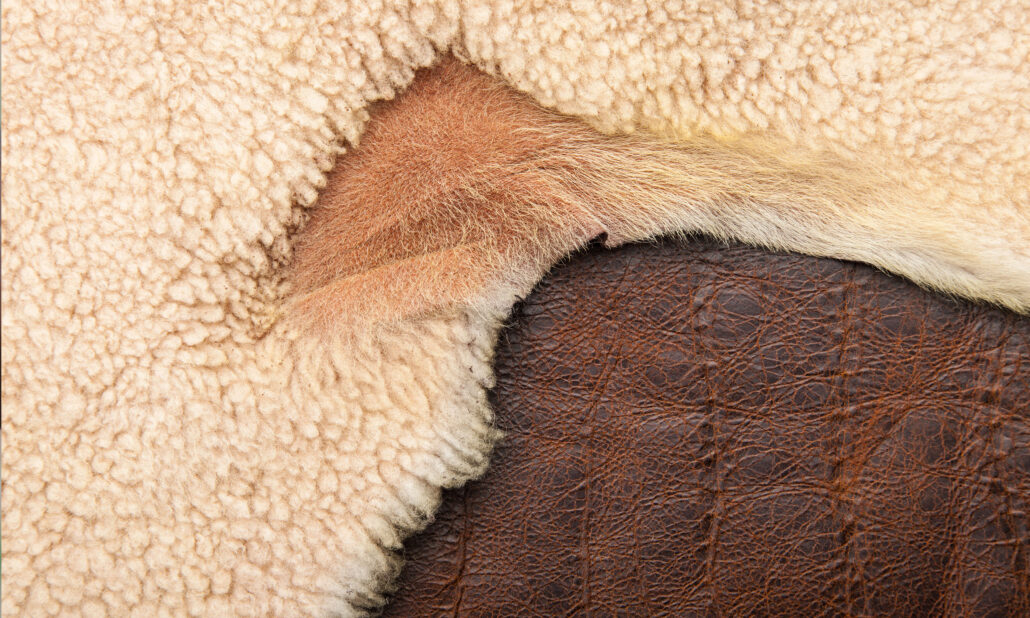Water treatment in the tanning industry
The process that is used most frequently in the tanning industry consists of subjecting the skins in a wet or dry salty state to a treatment consisting of desalting, decanting, soaking, lime-treating, aerating, fleshing, lime removal, washing and chemical tanning.
With chemical tanning, the process currently used in the industry is tanning with chromium salts, obtaining a soft, flexible leather that can be dyed in multiple colours. The process uses lime, sodium carbonate, sodium chloride, sodium sulphide, sulphuric acid, ammonium sulphate, chromium sulphate, fats, alcohol, oils, dyes…
All these products are, to some extent, pollutants and end up in the final effluent, so the elimination of these compounds by the correct selection of suitable coagulants and flocculants is essential for treating wastewater in the tanning industry.

Our technical-commercial department will help you to select the most suitable treatment (most efficient technical and economical solution) based on our experience and treatability studies in our application laboratory, as well as on the implementation of these treatments on an industrial scale.
Our experience in the leather tanning industry means we are familiar with the added difficulties presented by effluents from the tanning sector. It produces complex wastewater that requires made-to-order physiochemical and biological treatments based on the type of coagulant, flocculant or biological solution suitable for every kind of wastewater typical of the tanning industry.

